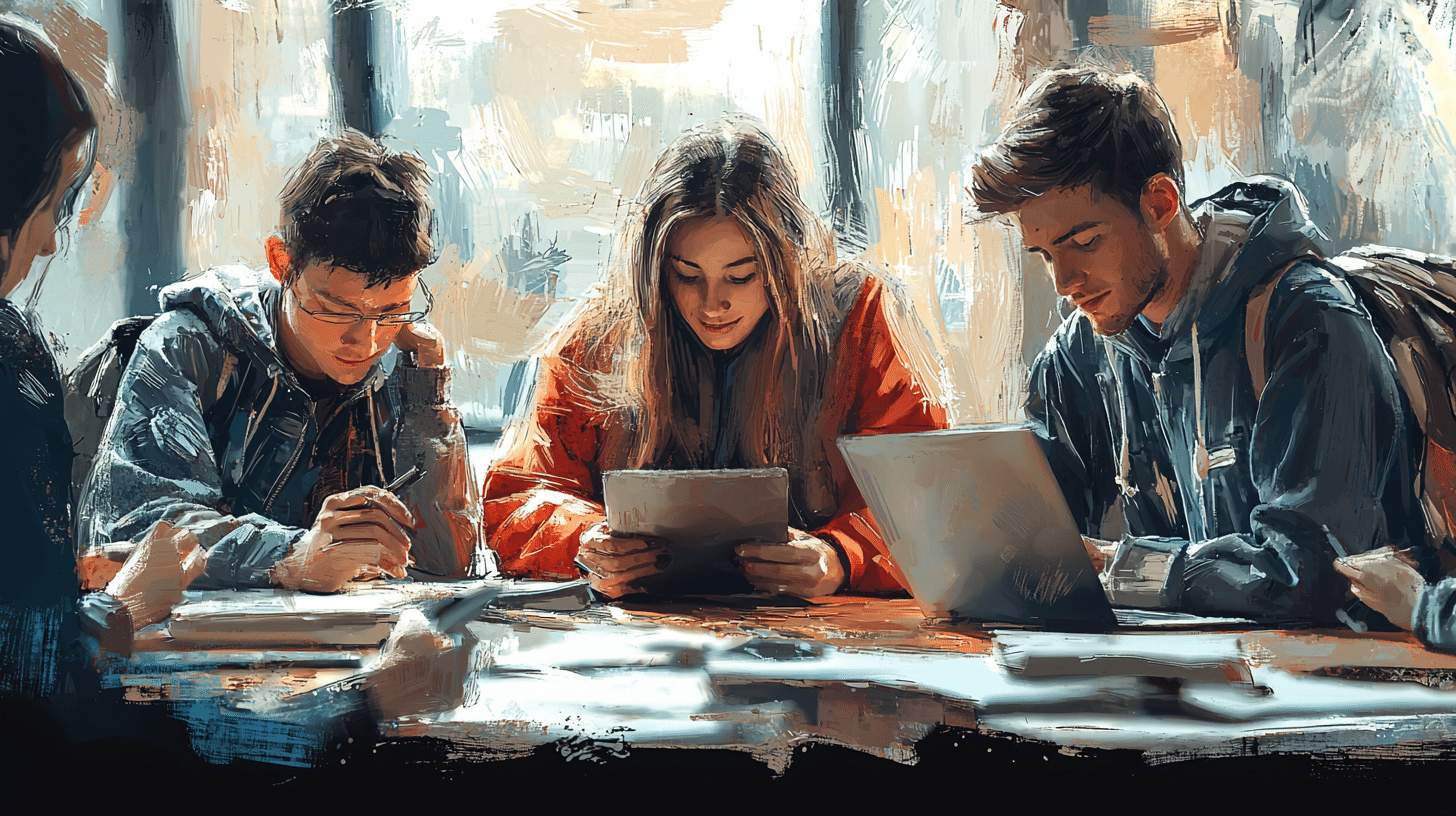Learning a new language can be both challenging and rewarding, and Polish is no exception. One of the key components of mastering any language is building a strong vocabulary, particularly with adjectives. Adjectives are essential as they allow you to describe people, places, and things in more detail, making your conversations richer and more engaging. In this article, we will explore the top 50 Polish adjectives that everyone should know. By familiarizing yourself with these adjectives, you will significantly enhance your ability to communicate in Polish.
Basic Adjectives
Let’s start with some basic adjectives that are used frequently in everyday conversations. These adjectives will help you describe common things and situations.
1. **Dobry** (Good)
– Example: Dobry dzień (Good day)
2. **Zły** (Bad)
– Example: Zły sen (Bad dream)
3. **Nowy** (New)
– Example: Nowy samochód (New car)
4. **Stary** (Old)
– Example: Stary dom (Old house)
5. **Mały** (Small)
– Example: Mały pies (Small dog)
6. **Duży** (Big)
– Example: Duży problem (Big problem)
7. **Ciepły** (Warm)
– Example: Ciepły sweter (Warm sweater)
8. **Zimny** (Cold)
– Example: Zimny napój (Cold drink)
9. **Ładny** (Pretty)
– Example: Ładny kwiat (Pretty flower)
10. **Brzydki** (Ugly)
– Example: Brzydki budynek (Ugly building)
Describing People
Next, let’s look at some adjectives that are particularly useful for describing people. These adjectives will help you convey more about someone’s appearance, personality, and other characteristics.
11. **Wysoki** (Tall)
– Example: Wysoki mężczyzna (Tall man)
12. **Niski** (Short)
– Example: Niska kobieta (Short woman)
13. **Chudy** (Thin)
– Example: Chudy chłopak (Thin boy)
14. **Gruby** (Fat)
– Example: Gruby kot (Fat cat)
15. **Młody** (Young)
– Example: Młody student (Young student)
16. **Stary** (Old)
– Example: Stary człowiek (Old man)
17. **Przystojny** (Handsome)
– Example: Przystojny aktor (Handsome actor)
18. **Piękna** (Beautiful)
– Example: Piękna kobieta (Beautiful woman)
19. **Miły** (Nice)
– Example: Miły sąsiad (Nice neighbor)
20. **Złośliwy** (Mean)
– Example: Złośliwy komentarz (Mean comment)
Describing Emotions
Being able to describe emotions is crucial for effective communication. These adjectives will help you express how you or others are feeling.
21. **Szczęśliwy** (Happy)
– Example: Szczęśliwy dzień (Happy day)
22. **Smutny** (Sad)
– Example: Smutna wiadomość (Sad news)
23. **Zaskoczony** (Surprised)
– Example: Zaskoczony wyraz twarzy (Surprised expression)
24. **Wściekły** (Angry)
– Example: Wściekły tłum (Angry crowd)
25. **Zmartwiony** (Worried)
– Example: Zmartwiona matka (Worried mother)
26. **Zmęczony** (Tired)
– Example: Zmęczony pracownik (Tired worker)
27. **Zrelaksowany** (Relaxed)
– Example: Zrelaksowany wieczór (Relaxed evening)
28. **Znudzony** (Bored)
– Example: Znudzony student (Bored student)
29. **Dumny** (Proud)
– Example: Dumny rodzic (Proud parent)
30. **Zazdrosny** (Jealous)
– Example: Zazdrosny chłopak (Jealous boyfriend)
Describing Situations and Things
These adjectives will help you describe various situations, objects, and concepts. They are versatile and can be used in a wide range of contexts.
31. **Trudny** (Difficult)
– Example: Trudne zadanie (Difficult task)
32. **Łatwy** (Easy)
– Example: Łatwa gra (Easy game)
33. **Szybki** (Fast)
– Example: Szybki samochód (Fast car)
34. **Wolny** (Slow)
– Example: Wolny ruch (Slow movement)
35. **Drogi** (Expensive)
– Example: Drogi prezent (Expensive gift)
36. **Tani** (Cheap)
– Example: Tani hotel (Cheap hotel)
37. **Ciekawy** (Interesting)
– Example: Ciekawa książka (Interesting book)
38. **Nudny** (Boring)
– Example: Nudny film (Boring movie)
39. **Głośny** (Loud)
– Example: Głośna muzyka (Loud music)
40. **Cichy** (Quiet)
– Example: Ciche miejsce (Quiet place)
Describing Quantity and Quality
These adjectives will help you describe the quantity and quality of different things, adding precision to your statements.
41. **Dużo** (A lot)
– Example: Dużo wody (A lot of water)
42. **Mało** (A little)
– Example: Mało czasu (A little time)
43. **Pełny** (Full)
– Example: Pełny kosz (Full basket)
44. **Pusty** (Empty)
– Example: Pusta butelka (Empty bottle)
45. **Dobry** (Good)
– Example: Dobry uczeń (Good student)
46. **Zły** (Bad)
– Example: Zła pogoda (Bad weather)
47. **Ważny** (Important)
– Example: Ważna sprawa (Important matter)
48. **Nieważny** (Unimportant)
– Example: Nieważny szczegół (Unimportant detail)
49. **Czysty** (Clean)
– Example: Czysty pokój (Clean room)
50. **Brudny** (Dirty)
– Example: Brudne ubrania (Dirty clothes)
Conclusion
By learning these top 50 Polish adjectives, you will be well on your way to mastering the language. These adjectives will allow you to describe people, emotions, situations, and objects more effectively, making your conversations in Polish more nuanced and engaging. Remember, practice makes perfect, so try to use these adjectives in sentences and conversations as often as possible. Happy learning!

